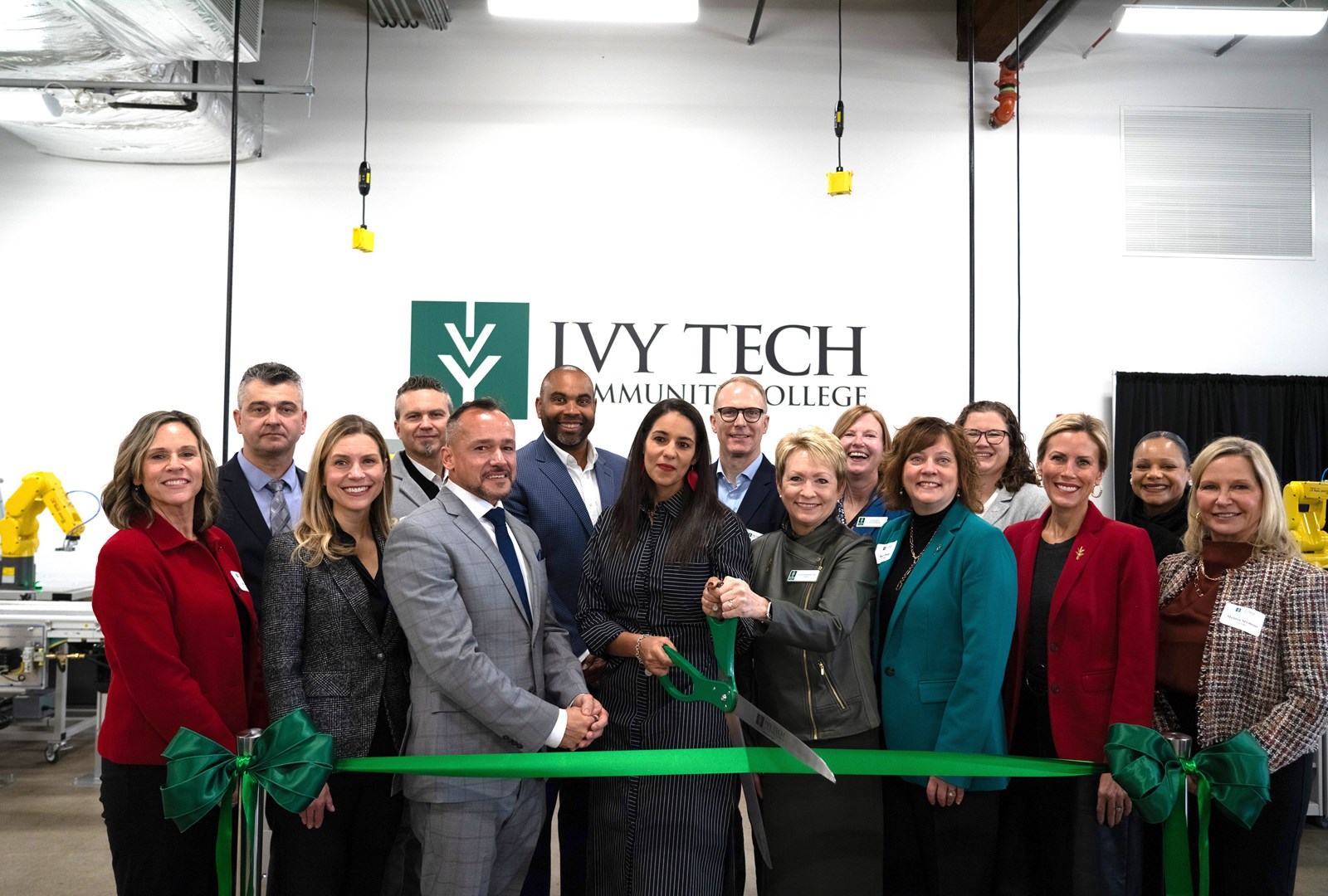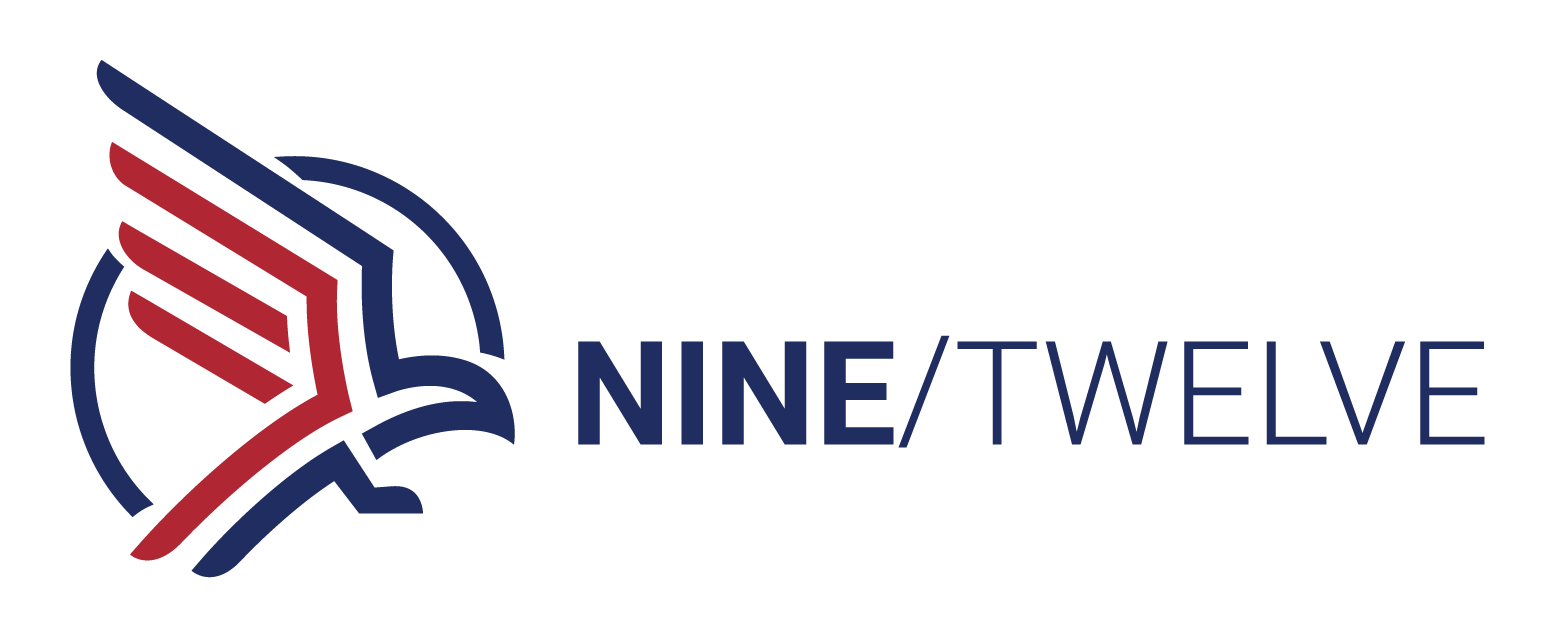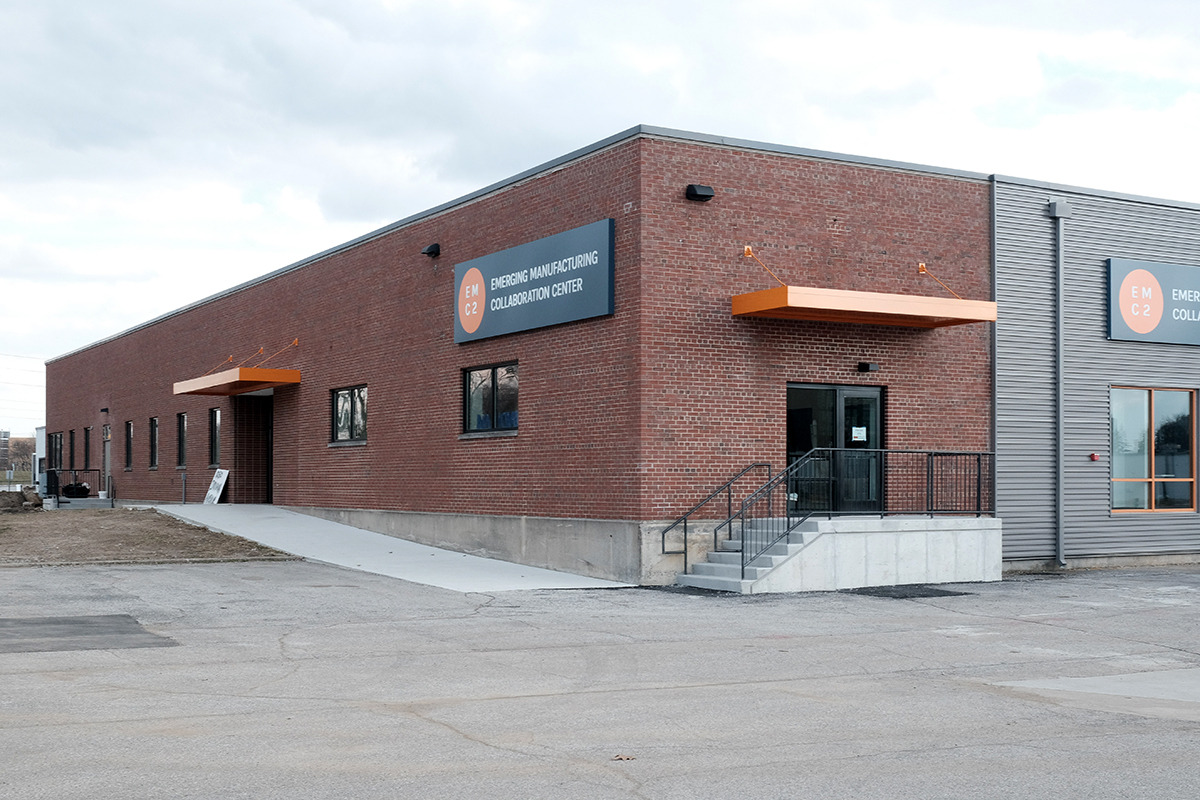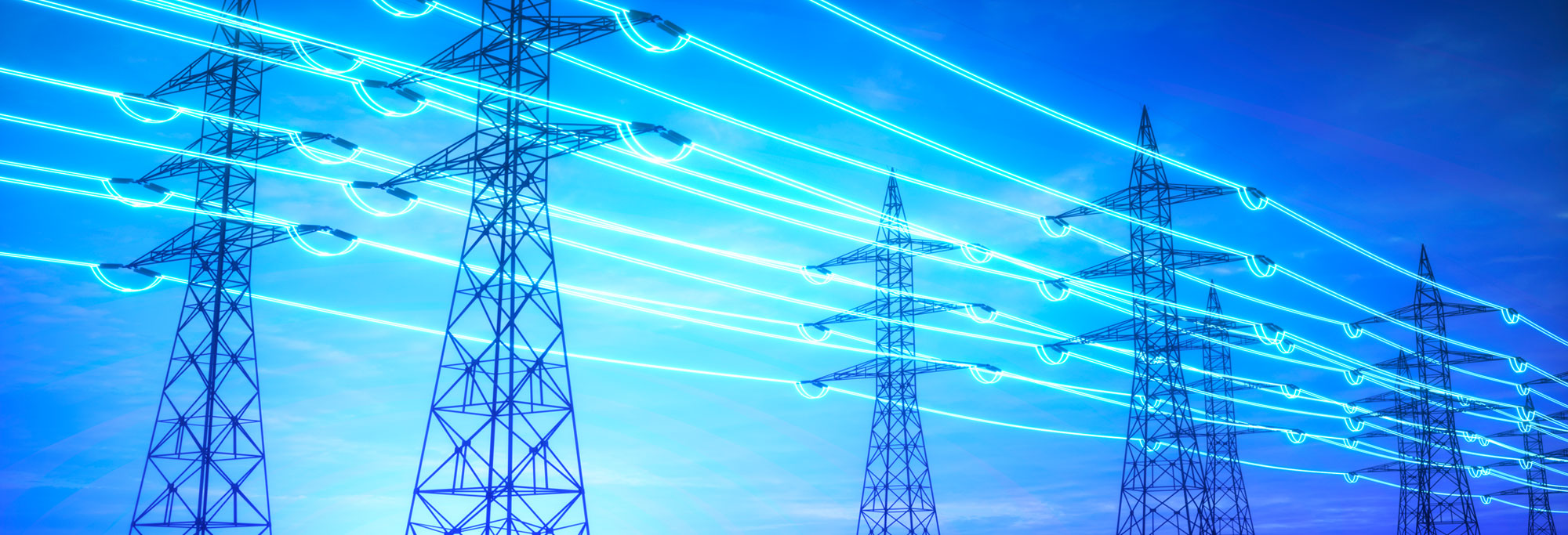
New Ivy Tech Manufacturing Innovation Training Center opens in the 16 Tech Innovation District
The Ivy Tech Manufacturing Innovation Training Center will also serve as a work and learning hub for the Lilly Scholars, high-achieving Ivy Tech students who intend to pursue a career in pharmaceutical manufacturing after receiving a certificate or associate degree in fields such as industrial technology and smart manufacturing and digital integration (SMDI).


